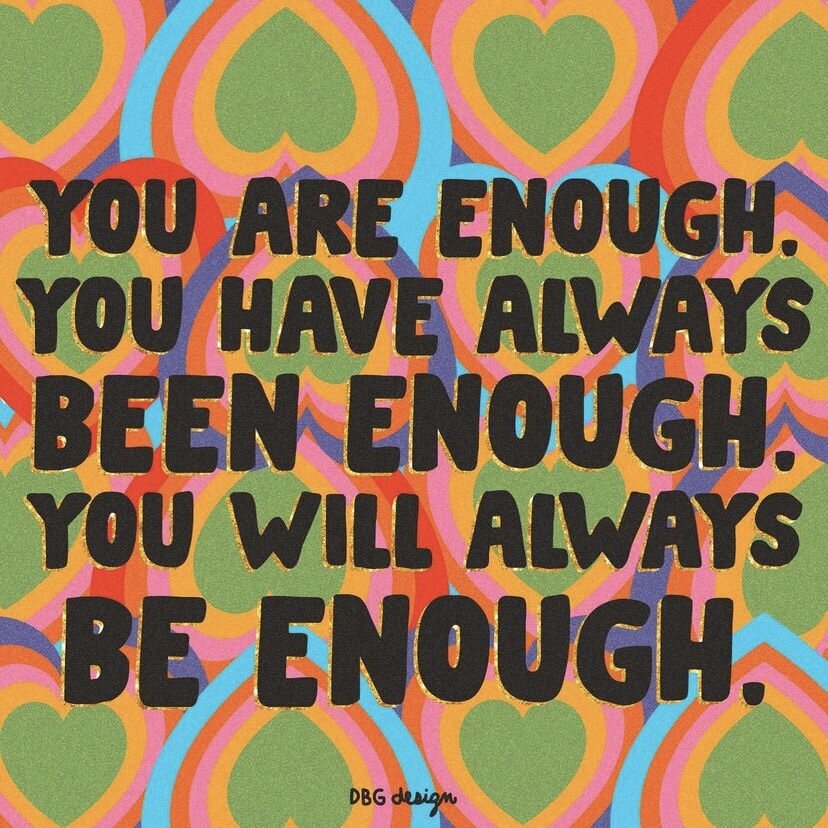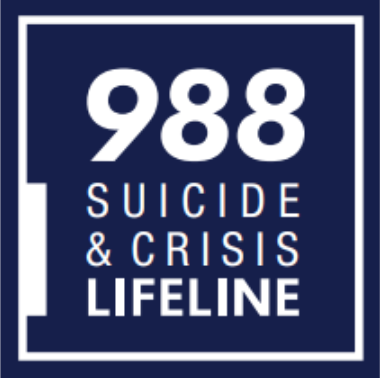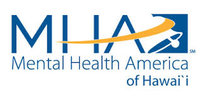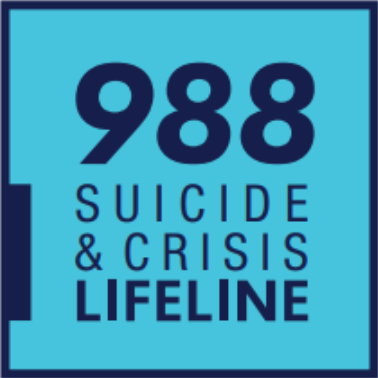Suicide
Suicide is a very difficult subject to talk about, but one of the most effective medicines for this feeling of desperation has been to talk to someone.
Being able to talk to someone who is trusted is critical. Talking to someone who is trusted can open the doors to healing. Some one who is considered "trusted" doesn't always have to be a person you know; it can also be a stranger on the other side of the phone. It is for these reasons that the Hawaii CARES 24/7 hotline and the National Suicide Prevention Lifeline were created.
If you or someone you know is in need of any help, call the Hawaii CARES 24/7 hotline: (808) 832-3100 for Oahu and 1-800-753-6879 for neighbor islands.
You can also call the 988 Suicide and Crisis Lifeline. This line provides free and confidential emotional support to people in suicidal crisis or emotional distress 24 hours a day, 7 days a week. They provide support for anyone experiencing mental health-related distress or worried about a loved one who may need crisis support! 988 is a new number for the same suicide lifeline that used to be 1-800-273-8255.
So, call 988 or Hawaii CARES to access compassionate care and support for anyone experiencing mental health-related distress or worried about a loved one who may need crisis support.
Help is available and recovery is possible! Suicide is 100% Preventable!
It's also very important to arm yourself with all the tools needed to prevent suicide. Educating yourself on the risk factors is just as important as talking about it.
What Are The Signs?
Talking about killing themselves
Feeling worthless and without purpose
Uncontrollable anger or sadness
Loss of interest in things they enjoyed
Withdrawal from loved ones
Anxiety and depression
Irrational mood swings
Change in sleep and eating habits
Talking about death or suicide while drunk or high
Self injury or reckless behavior
Giving away prized possessions
Tips to Cope with Suicidal Thoughts
Get Through Today
Don’t act on your thoughts right away. You may have had these thoughts often, but less able to cope with them today. Focus on today, instead of the future, so that you are better equipped to handle these thoughts another day.
Talk to Others
Talking to someone about how you’re feeling can be hard, but very beneficial. If you opt for emotional support, which is talking to family or friends, be patient, as they want to help, but may not know how. It’s important to be open and honest and tell them what you need from them. Otherwise, you may opt for professional support, which may include your doctor, therapist, or professional support hotlines. These people are more equipped and educated in order to help you cope with your feelings.
Look at your Crisis Plan & Crisis Box
A crisis plan is a comprehensive safety plan that acts as a resource to ground you when you are in “crisis mode.” It lists ways to recognize your triggers, safe places to go, ways to safely distract, people to reach, and more. It is important for you to identify support networks and to brainstorm self-care methods so that when a “crisis” or a bad day comes, you have a personalized resource that can help you. Have this crisis plan in your phone, post it on your bedroom wall, and keep it in your crisis box.
Here are some crisis plan templates to help you to create one:
Printable Crisis Plan Template - Short Version
Printable Crisis Plan Manual Template - Long Version
A crisis box is also called a ‘happy box’ or a ‘hope box’ and should be filled with items that make you feel better, reducing anxiety, stress, or suicidal thoughts. Some things that can be put into this box include photographs of loved ones, a CD with your favorite music, your favorite snacks, a distracting activity like a puzzle, and a copy of your crisis plan.
Be Aware of your Triggers
Triggers are different for everyone, and are external events or circumstances that may cause negative emotions such as anxiety, panic, discouragement, sadness, despair, or negative self-talk. The most helpful way to become aware of your triggers is to write them down, so make sure to keep a running list of everything that produces these negative symptoms. Some common triggers include financial problems, physical illness, the end of a relationship, too many responsibilities, family friction, anniversary dates of loss or trauma, sexual harassment, and more.
Wellness Recovery Action Plan - click here for a more in depth version of a Crisis Plan that can help you better identify your triggers
Stay Away from Drugs and Alcohol
Both alcohol and drugs affect the way your brain thinks, and you become not your true self. Alcohol may make you more likely to act on suicidal thoughts as it affects the parts of your brain that control your judgment, behavior, and emotions. Different drugs affect you differently, but can cause you to take greater risks than you normally would, have hallucinations, become paranoid, and confused.
Go to a Safe Place
Safe places are places you feel comfortable, more at ease, and are environments where you are less likely to harm yourself. Safe places don’t have objects you can use to harm yourself, such as razor blades or pills. Safe places could include a friend’s house, your bedroom, a library, a crisis center, and much more, as it very much varies from person to person.
Exercise
Exercising releases dopamine and serotonin, which are hormones that make you feel good. Therefore, exercising can have positive effect on your feeling and thinking.
Relax
Relaxing could look like: walking in the park, treating yourself to your favorite treat, meditation, mindfulness, or breathing techniques. You could be doing anything, as long as you’re focusing on the present, what you’re doing, and calming yourself.
Be Around Others
Even if you don’t feel like talking to anyone, just being in a public or busy space such as a park, mall, or gym, can help keep you safe. Try not to spend too much time alone when you’re having negative thoughts.
Source: Rethink Mental Illness (rethink.org)
Did You Know?
In Hawai‘i, one person dies from suicide every two days.
In Our Own Backyard
Hawaii ranks 23rd in the country for most amount of suicide deaths per 100,000 population.
From 2015 -2019, 959 Hawai‘i residents died from suicide. There were 176 in 2018.
The suicide death rate for youth age 15-24 in Hawaii is 19.3, which is high compared to the country’s 14.4 average for this age range.
In 2019, the suicide death rate (number of deaths per 100,000 total population) for Hawai’i was 15.8. This is slightly higher than the national average of 14.5.
Check out these Hawaii facts about youth suicide
(Youth Risk Behavioral Survey 2019)
16.7% of youth reported that they "seriously considered attempting suicide"
14.6% of youth reported "making a suicide plan"
10.5% of youth reported that they "attempted suicide.” The national average is just 8.9%.
Percentage who reported "suicide attempt treated by a doctor or nurse" = 3.2%. The national average is 2.5%
Sources: https://health.hawaii.gov/news/newsroom/public-invited-to-attend-statewide-virtual-events-to-raise-awareness-of-suicide-prevention/ (DOH)
https://www.americashealthrankings.org/explore/annual/measure/Suicide/state/HI (America’s Health Rankings, United Health Foundation)
High School Youth Risk Behavior Survey (CDC) 2019















